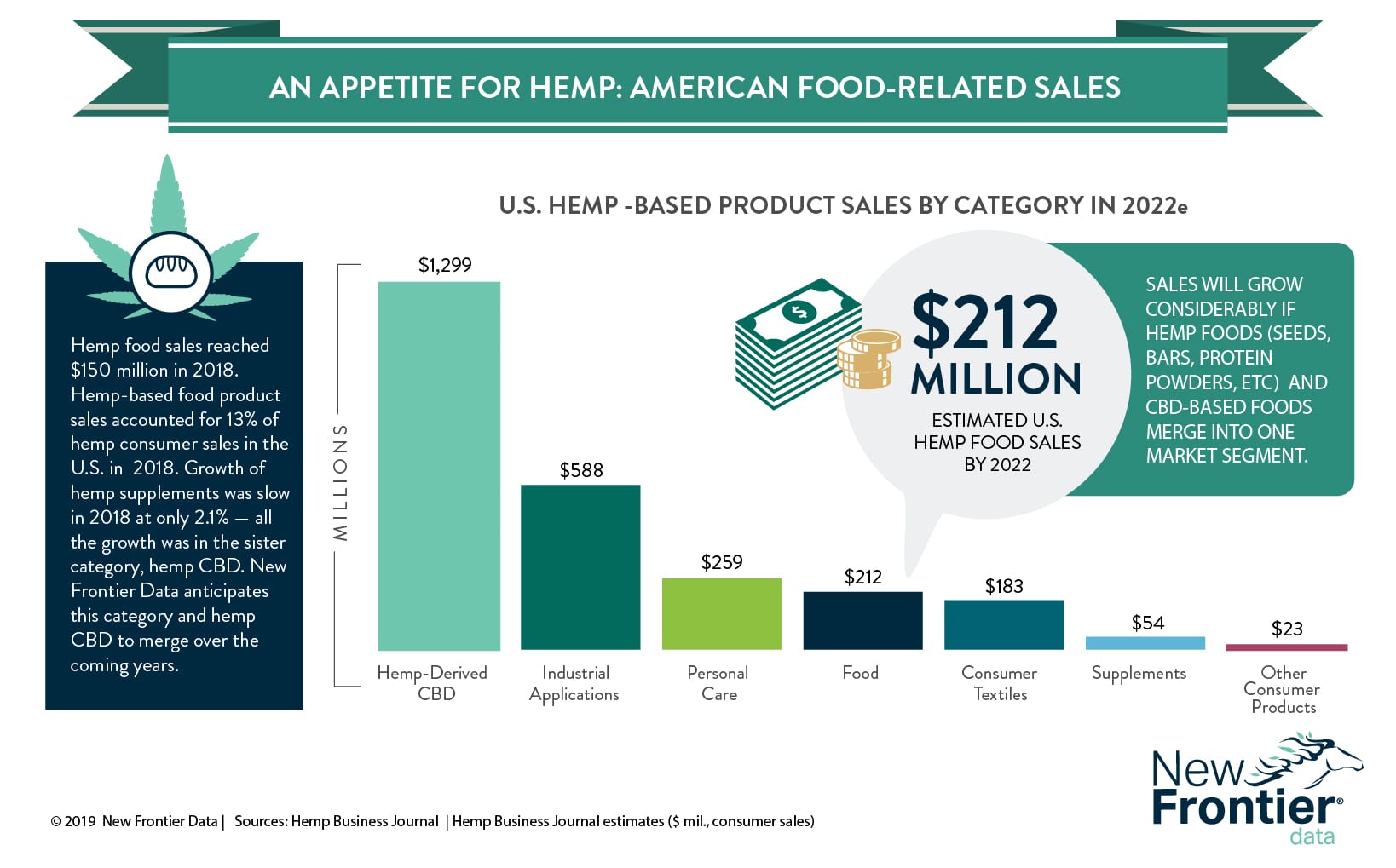Much About CBD Remains TBD as FDA Crafts Food, Supplements Policy


By William Sumner, Hemp Business Journal Contributor
While federal regulators consider whether to classify cannabidiol (CBD) as a pharmaceutical ingredient or allow its use as a nutritional supplement, individual states are making moves to decide the issue for themselves. In the state of California, a bill is working its way through the state legislature to make it legal to infuse food products with hemp-derived CBD.
Under existing state law, it is illegal to infuse food, beverage, or cosmetic products with hemp-derived CBD.
Prior to the passage of the 2018 Farm Bill, the California Department of Public Health (CDPH) asserted that hemp-derived CBD was illegal because it was considered a controlled substance by the federal government. The CDPH also noted that the U.S. Food and Drug Administration (FDA) forbids the inclusion of THC or CBD in food products, regardless of the source.
While the Farm Bill removed hemp-derived CBD from the federal list of controlled substances, the FDA has yet to conclude whether the substance can be safely used in food products. Until the FDA or the state of California determines that hemp-derived CBD can be used in food products, it remains illegal.
The legal distinction has confused many outside observers who note that while hemp-derived CBD is illegal, California simultaneously has legalized medical and adult-use cannabis markets, which include a veritable cornucopia of infused cannabis products that contain both CBD and THC.
The difference, however, is that state law explicitly allows for cannabis-infused products. No such distinction has been made for hemp or its derivatives. Hoping to clear up the confusion over hemp and cannabis laws, Assemblywoman Cecilia Aguiar-Curry has introduced Assembly Bill 228 (AB 228) into the state legislature.
Under AB 228, it would be legal to infuse food, beverages, and cosmetic products with hemp-derived CBD. The measure would also require hemp products to undergo laboratory testing, and ban the makers of hemp products from making any health-related claims.
“With the most recent federal farm bill, hemp farmers can legally grow their crop and ship it in interstate commerce,” wrote Aguiar-Curry in an op-ed to the San Jose Mercury News. “Now is the time for California to make it easier for its citizens to access a non-intoxicating, plant-based product they want, and for state farmers to establish themselves in a fast-growing agricultural industry.”
The bill has been unanimously approved by the state Assembly, and currently awaits a decision by the state Senate.
The Hemp Business Journal estimates that by 2022 U.S. hemp food sales could reach $212 million, and that hemp-derived CBD sales could be worth up to $1.2 billion. If AB 228 is passed and signed into law, and both of those categories merge into one, the combined total could climb higher.
William Sumner
William Sumner is a writer for the hemp and cannabis industry. Hailing from Panama City, Florida, William covers various topics such as hemp legislation, investment, and business. William’s writing has appeared in publications such as Green Market Report, Civilized, and MJINews. You can follow William on Twitter: @W_Sumner.



